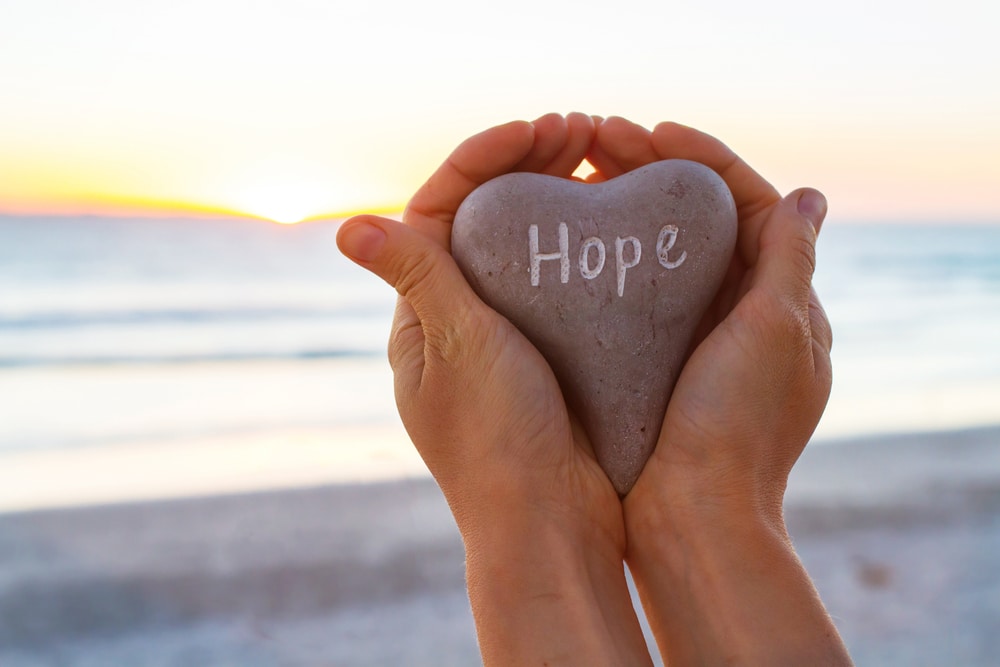Years ago, December was a time for Ed and I to think about New Year’s resolutions. I was in an abusive marriage with him for over twenty years, and he eventually controlled almost every aspect of my life. On the top of the list of things to accomplish during each new year, Ed sought to control my food and weight. You see, Ed is my eating disorder.
Millions of Americans, including those who don’t know Ed, make the same New Year’s resolutions that revolve around food and weight. Some vow to lose that last five or ten pounds while others promise to stick to the newest fad diet. Yet we have all heard time and time again that diets don’t work. In fact, 95 to 98 percent of diets fail, and most who diet end up gaining even more weight back with each successive attempt.
We know that diets fail, but we keep dieting anyway. Would we keep dieting if we had even more information?
The truth is that dieting, all too often, takes a deadly turn—into an eating disorder. Don’t get me wrong; an eating disorder is not a diet gone bad. An eating disorder is not a choice; it is a real, life-threatening illness. Indeed, anorexia nervosa has the highest mortality rate of any psychiatric illness.
Throughout my recovery from anorexia, I learned to separate myself from my eating disorder, personifying it as Ed. I discovered that Ed was the one who wanted me to promise, with each successive year, to put even stricter limits on eating. I ultimately discovered that I wanted to be healthy and free from the diet mentality engrained in our culture. After years of hard work, professional help, and lots of patience, I have found an amazing life without Ed. I have learned body acceptance and even love.
But what I call Societal Ed still lurks in the minds of Americans. This might surprise you, but people often tell me that they wish they could have a “touch of anorexia.” They admire the weight loss, and they desire the control around food that they imagine people with anorexia experience. What people don’t understand is that no one can obtain just a tiny bit of an eating disorder. Ed consumes all and only wants more and more—even when there is nothing left to give. Unlike what some suspect, people with eating disorders are not in control of their eating. Absolutely not. Ed runs the show, one of extreme pain and isolation. Trust me when I say that you don’t want a little bit of an eating disorder (even if that were possible) any more than you would want a touch of cancer.
Importantly, like cancer, eating disorders have a biological basis. In fact, fifty to eighty percent of eating disorder risk is due to genetic effects. Research tells us that this biological predisposition “loads the gun,” and the environment, like the one of our thin-obsessed culture, can pull the trigger. As an example, for some individuals, the so-called “simple” act of dieting can actually trigger a full-blown eating disorder.
The good news is that, with treatment, people can and do fully recover from eating disorders. Along my journey, my dietitian once told me, “You can never diet again.”
What a relief! I don’t want to. Never again.
Today, no Ed in sight; I choose life instead.
As 2019 rolls around the corner, what will you choose?

About Senior Fellow Jenni Schaefer
Jenni Schaefer graduated summa cum laude from Texas A&M University with a degree in biochemistry, and she knows firsthand the devastating consequences of an eating disorder. Since recovering from her own eating disorder, she has carried her message of self-acceptance and triumph over adversity to the public.
Jenni is the author of several books, including Life Without Ed: How One Woman Declared Independence from Her Eating Disorder and How You Can Too, and she has contributed to anthologies like the Chicken Soup for the Soul series. A sought-after speaker on addiction and food disorders, relationships, depression, and career, Jenni has appeared on Dr. Phil, Dr. Oz, the TODAY show and Entertainment Tonight, as well as in print coverage from Cosmopolitan and The New York Times. She is also a blogger for The Huffington Post, and her work has appeared in Publisher’s Weekly, The Chicago Tribune, Glamour, Shape, The Washington Times, Woman’s World, Seventeen, and more.

